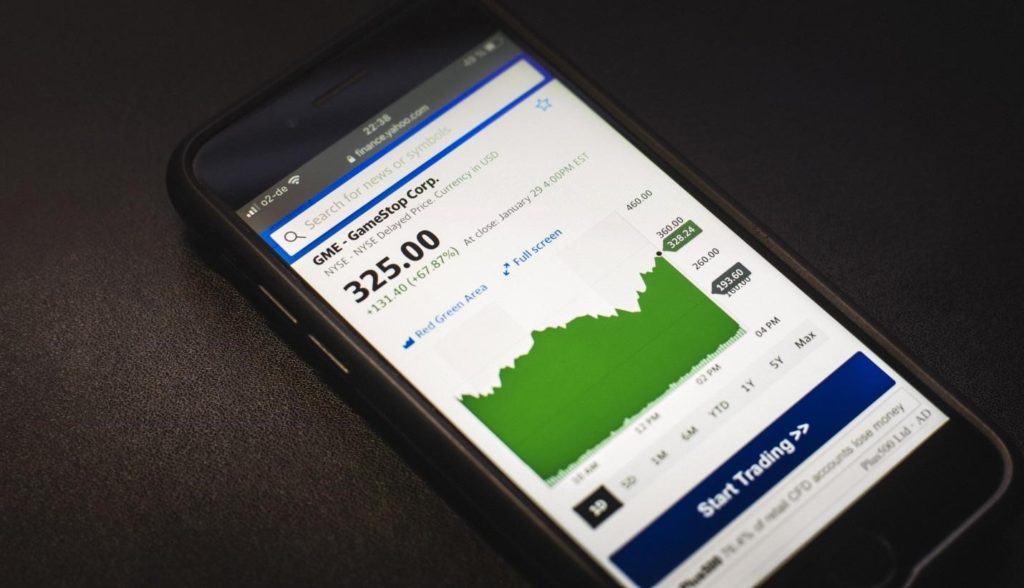Short selling has long been a popular investment strategy for speculators, hedge fund managers, arbitrageurs, individual investors, and gamblers alike.
It is a risky technique and is suited to investors with a huge risk appetite since it comes with the very real possibility of losing a substantial amount of capital.
Securities law is broad and complex. As a result, the legality of a particular stock trade is not always as straightforward as you might think.
The question of whether or not a given trade is legal often revolves around various forms of insider trading and, to some extent, short selling stocks.
Is short selling illegal? Here’s what you need to know.
What Is Short Selling
Shorting, short trading, shorting a stock, and selling short, are all different terms that refer to the same thing – short selling. The terms “short” and “long” as used in stock market trading refer to how the trade was initiated, i.e., by selling first or buying first.
In a traditional long position, an investor initiates a trade by purchasing a stock at its current market rate, expecting that they’ll sell it at a higher price in the future to realize a profit. The rule of thumb when taking this approach is to buy high and sell low.
When an investor takes a short position, they initiate a trade by selling a stock at its current market rate, expecting that they’ll repurchase it at a lower price in the future to realize a profit. In this case, the rule of thumb is to sell high and buy low.
At this point, you might ask – What is a short seller trying to do? Investors in long trades bet on the company’s success. They want to see the share price go up. The company’s prosperity is tied to its success as investors.
Short traders do the opposite. They bet against the company. The success of their investment is tied to the company’s falling share price, so they try to profit off its failing performance.

How Does Short Selling Work
In long trading, an investor owns the shares once they purchase them. They make (or lose) money when they sell them at a future date.
In a short position, a trader also sells stocks, only in this case, they don’t own them. At this point, you might be wondering – How can you sell shares of stock you don’t own? Here’s how it works.
To short a stock, an investor approaches a brokerage firm and asks to borrow a specific number of shares for a particular company.
The broker then lends them the shares derived from their clients’ stock portfolios, with the agreement to get them returned at a future date. This will be subject to various terms and conditions as set out by the brokerage.
Once the investor receives the stock, they then sell them at their current market price. The short trader waits, hoping for the share price to go down in value over time.
Once (or if) this happens, they have the opportunity to buy back the same number of shares they initially sold, only this time, it will be at a much lower price.
They would then return the shares they borrowed to the brokerage and pocket the leftover cash they have from buying back the stock at a lower market rate. All this is legal.
Short Selling Example
Let’s say you believe that the shares for Corporation X, which currently trades for $100 each, are overpriced. To short the stock, you approach a brokerage firm and ask to borrow 100 shares.
The broker pulls the requested stock from one of their clients’ portfolios and lends them to you. Once the shares are credited to your trading account, you sell all one hundred of them for a total of $10,000.
Let’s also say there’s an outbreak of a highly-contagious pandemic that forces the government to institute a nationwide lockdown that lasts several months. Corporation X is adversely affected by these measures, and its stock price plummets to $50 per share.
You then buy back the 100 hundred shares you had initially sold, only this time, you’re getting them for $5,000. You return the borrowed stock to the broker and keep the extra $5,000 you’re left with.
What Would Make Short Selling Illegal

Short selling, as we’ve explained so far, is legal. Naked short selling, on the other hand, is not and constitutes a form of securities fraud.
When short selling, a trader needs to borrow a stock that:
- Has been determined to exist, and
- Has been determined that it can be borrowed
If the stock satisfies both criteria, only then can a trader sell it short. Despite it being illegal, these short selling rules continue to be flouted due to discrepancies and loopholes in electronic and paper-based trading systems. This gives rise to naked short selling – selling stocks that don’t exist or can’t be borrowed.
The other thing that would potentially make shorting stocks illegal is a bear raid. This is a systematic smear campaign against a particular stock to drive down the share price. This illegal practice allows unscrupulous short sellers to buy back stock at a lower price and profit from the trade.
Finally, shorting a stock can become illegal if it coincides with insider trading. If a trader has insider information that the current share price of a particular stock is about to drop for any number of reasons, short selling based on that information will constitute criminal conduct.
Short Sell Restriction Rule
The Short Sell Restriction (SSR) rule is a Securities and Exchange Commission (SEC) regulation restricting traders from shorting stocks as the share price goes down. While there’s no restriction from buying a stock as its price rises, the SSR rule is designed to guard against downward volatility.
As such, if the price of a stock or any other security has gone down by 10 percent or more, compared to what its closing price was the previous day, SEC regulations prohibit traders from shorting that particular stock.
Legal but Risky
While short selling may look like a great way to make money off a stock’s falling price, it does come with its fair share of inherent risk.
For one, you may not always be able to buy back the stock when you want, at the price you want. Market forces may force you to close your position earlier than you had anticipated, which may result in significant capital losses.
Recognizing that there’s no such thing as a “sure-thing” in the stock market also means there’s no definitive way to tell the direction in which the price of a stock will move. Case in point: The GameStop short squeeze.
Either way, short selling is bound by the SEC rules. Violating any of them is tantamount to a white-collar crime.
Have any legal questions for us? Live Chat with one of our attorneys today.
